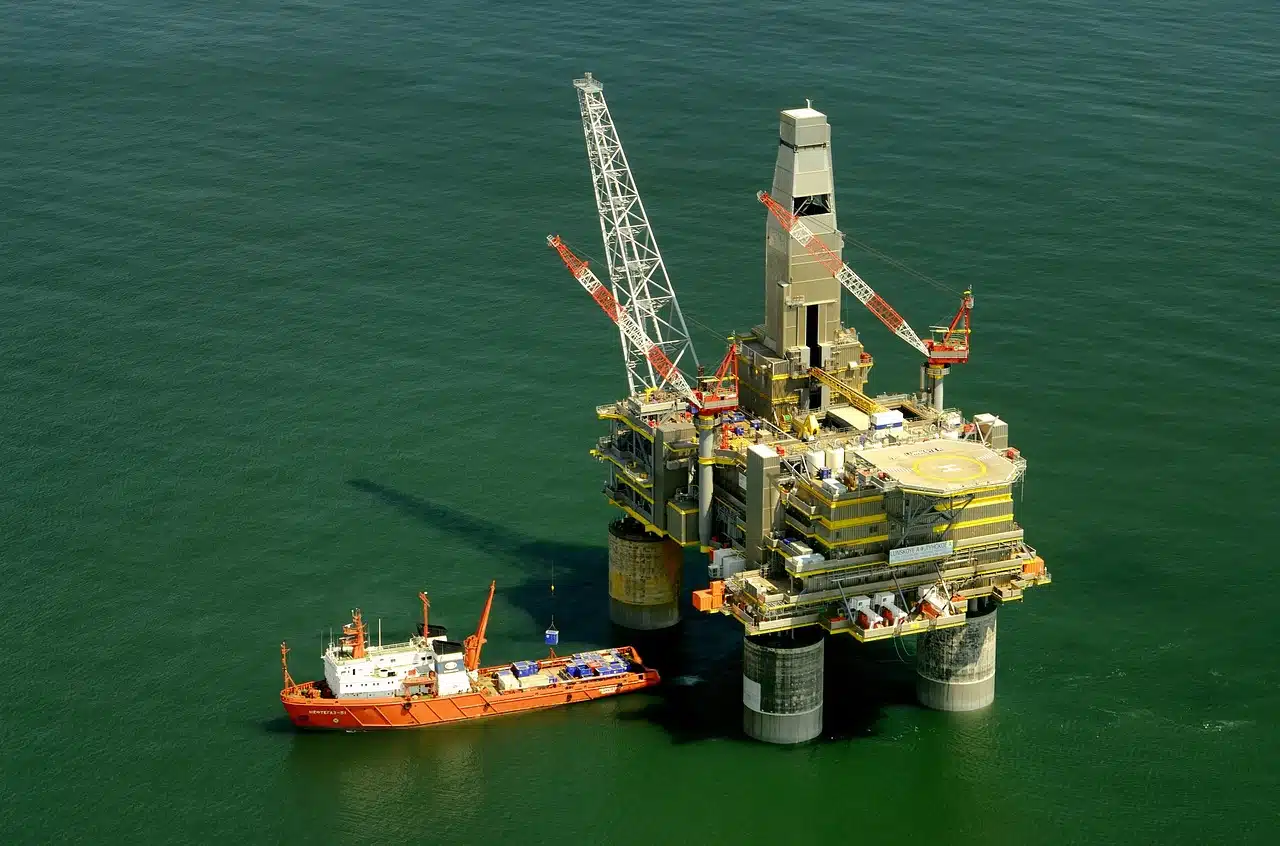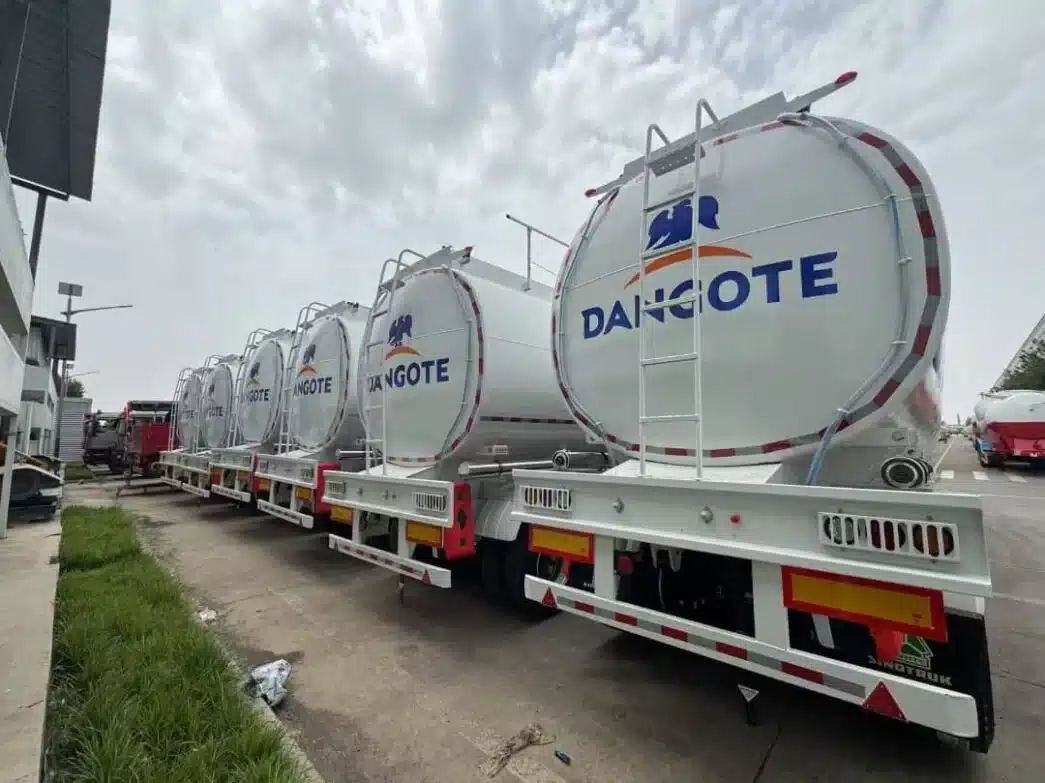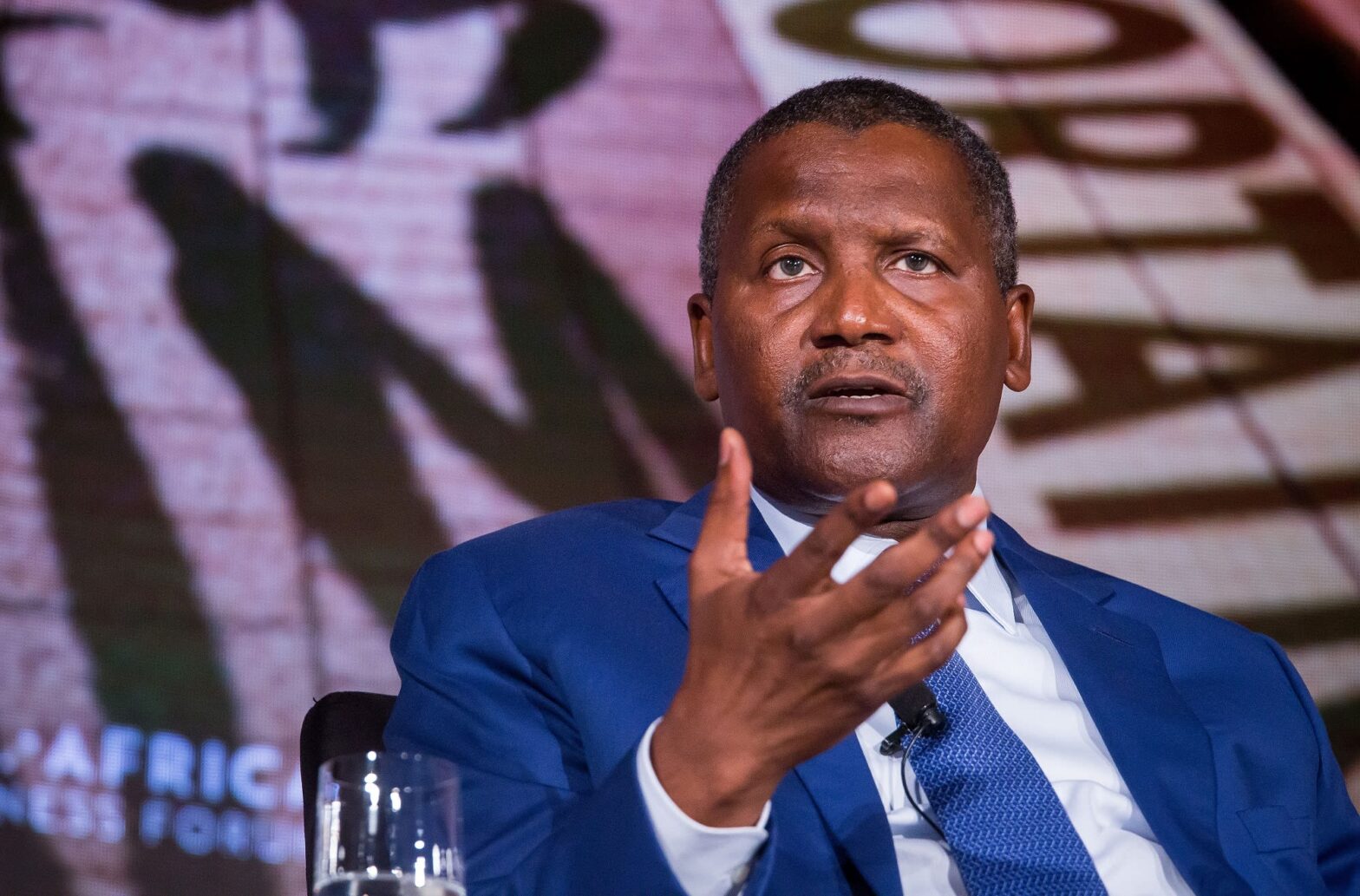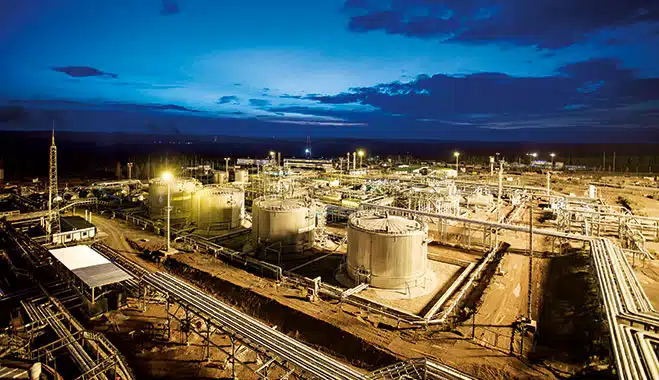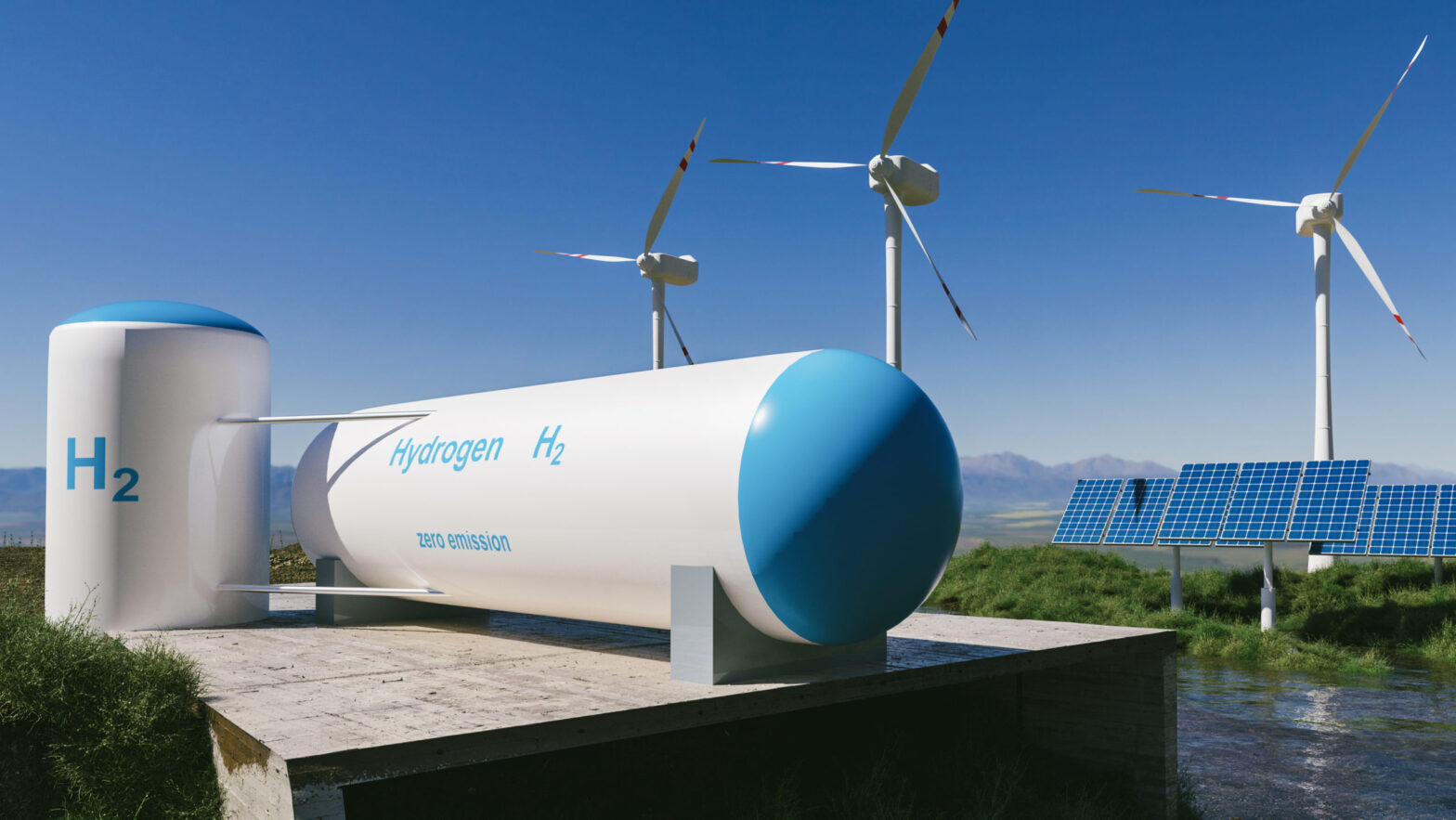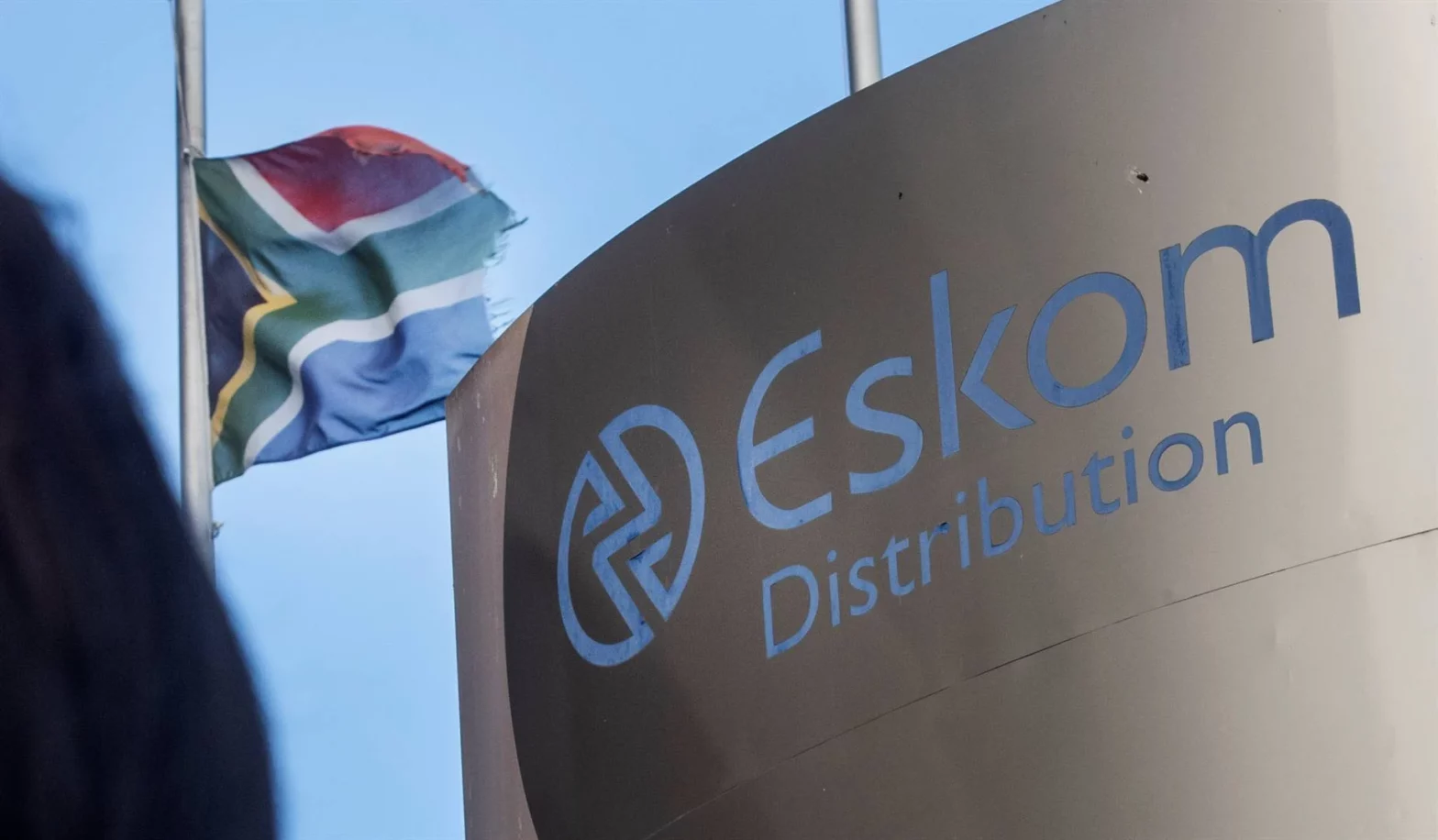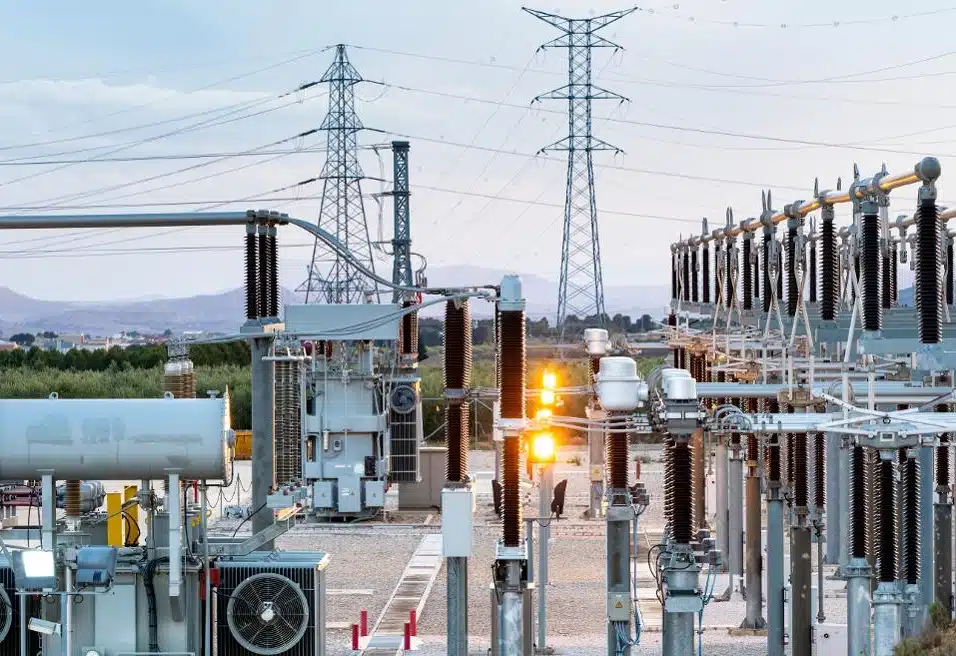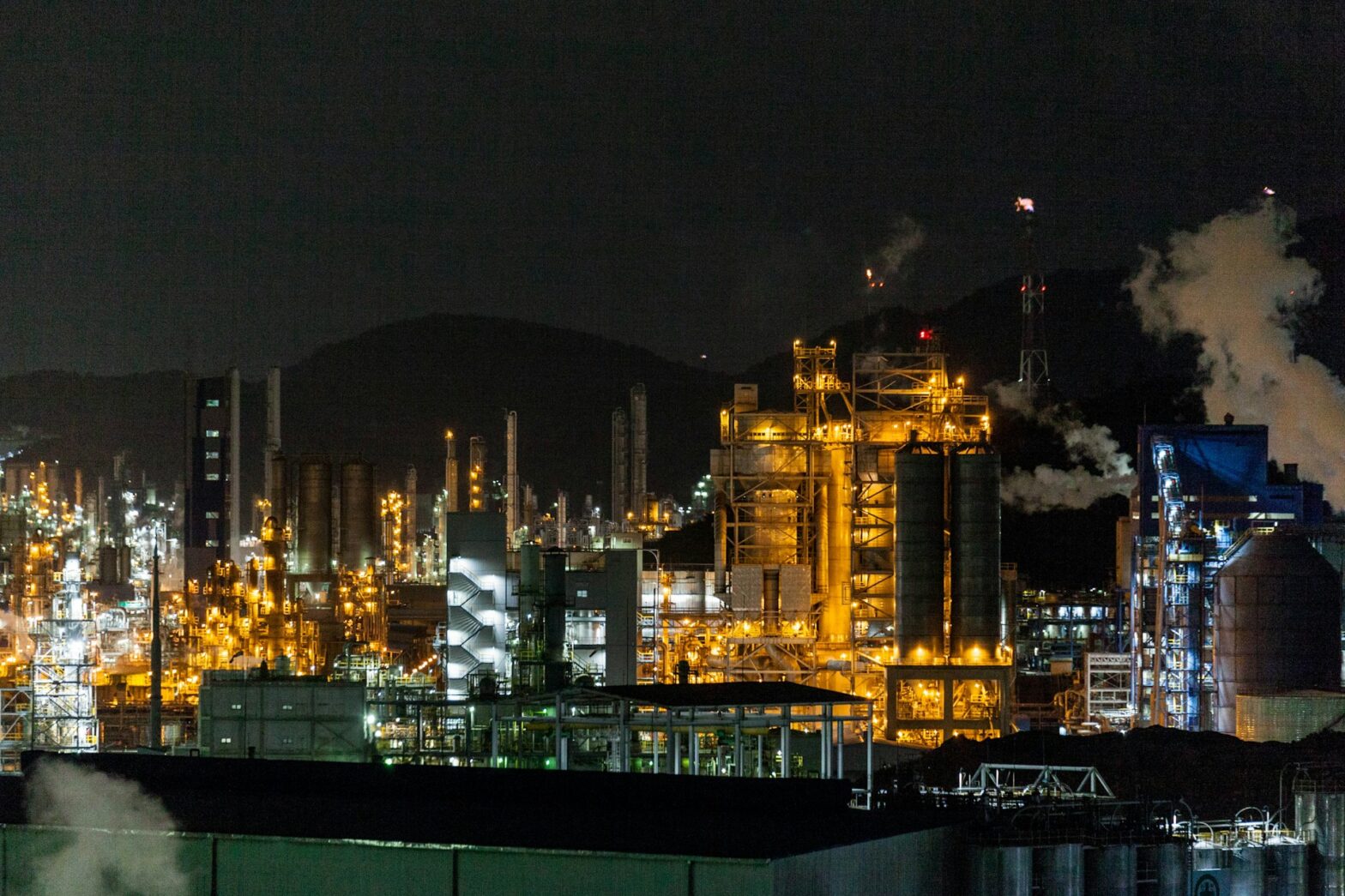Deepwater oil and gas production involves extracting hydrocarbons from beneath the ocean floor at significant depths, typically greater than 200 metres.
This requires specialized equipment and techniques due to the challenging conditions of deepwater environments.
Deepwater oil and gas is a significant global industry, with deepwater areas having the most discoveries and reserves in passive continental margin basins.
As of May 2019, Nigeria’s deepwater oil sector holds 13 billion barrels of reserves and contributes over 40% of the country’s total daily oil production.
There are 83 deepwater oil and gas blocks, with 30 awarded and 53 remaining open for bidding.
Eight of the 30 blocks were awarded in 1993, 8 in 2000 and the other 14 in 2015.
Production Sharing Contracts (PSCs) are used to manage deepwater oil and gas projects, allowing private companies to operate with government oversight.
Nigeria has huge deepwater assets straddling several blocks and fields off the coast of the country’s oil-rich states in the Niger Delta.
The major assets in Nigeria’s deepwater oil and gas sector include Egina, Ehra, Usan, Bonga, Agbami, Akpo, Owowo, Aje, Asabo, Uge, Apar, Bisi, etc.
Who operates these deepwater assets?
Nigeria’s deepwater assets are typically jointly developed through Joint Ventures (JVs) or Production Sharing Contracts (PSCs), involving international and sometimes local companies.
However, despite the multiple partnerships, there is usually a single major oil company that operates the asset.
Here are some of the major deepwater assets in Nigeria and their operators:
Egina field
Discovered in 2003, the Egina field is located in water depths ranging from 1,400 to 1,700 metres, approximately 150 kilometers off the coast of Nigeria, within the PML 2/3/4 block (formerly OML 130).
After five years of development, the field was commissioned in 2018 and is operated by TotalEnergies, which holds a 24% stake.
Other project partners include NNPC Ltd, CNOOC, SAPETRO, and Prime 130.
Egina has a production capacity of 200,000 barrels of oil per day. In 2019, it became the first oil project in Nigeria to achieve zero routine flaring.
Usan field
The Usan oil field, located under Oil Mining Lease (OML) 138, lies approximately 100 kilometers (62 miles) offshore in Nigeria’s Niger Delta.
It is situated in water depths ranging from 750 to 850 metres..
ExxonMobil assumed operatorship of the field in 2014 and is currently leading efforts to revitalize its production.
Chevron holds a 30% non-operated working interest in the Usan field.
As part of its broader deepwater strategy, ExxonMobil is investing $1.5 billion in exploration and development, with the Usan field featuring prominently in its plans.
Ehra field
The Erha offshore field, located in deepwater off the coast of Nigeria, is a producing conventional oil field that includes the Erha North satellite development.
Situated in Block OML 133 (formerly OPL 209P), the field lies in water depths ranging from 1,000 to 1,200 meters.
Drilling began in November 2003, and production commenced in the first quarter of 2006, with an initial capacity of 200,000 barrels of oil equivalent per day.
The field is operated by ExxonMobil, which holds a 56.25% stake, while Shell owns the remaining 43.75%.
Agbami field
Discovered in 1998, the Agbami field is one of Nigeria’s largest deepwater oil discoveries. It lies approximately 113 kilometers off the coast of the central Niger Delta and spans an area of 182 square kilometers.
The field is located in water depths of around 1,463 meters.
Agbami is operated by U.S. oil major Chevron, which holds a 67.3% interest. Other stakeholders include Famfa Oil, Equinor, and NNPC Ltd.
In 2024, Chevron expanded its offshore footprint by extending the nearby Meji field through a near-field discovery and secured a renewal of the Agbami deepwater concession through 2044.
Bonga field
Bonga is Nigeria’s oldest deepwater oil field, located approximately 120 kilometers offshore from the Niger Delta in Oil Mining Lease (OML) 118.
The field lies in water depths exceeding 1,000 meters and began production in 2005.
It currently produces around 225,000 barrels of oil equivalent per day. The Bonga North segment of the field is under active development as of 2024.
Shell operates the field with a 55% stake. Other partners include ExxonMobil (20%), Oando (12.5%), and TotalEnergies (12.5%).
However, TotalEnergies is in the process of selling its 12.5% interest to Shell, a move that would increase Shell’s ownership to 67.5%.
Akpo field
Discovered in April 2000, the Akpo field is located in Block OML 130, approximately 124 miles (200 kilometers) offshore from Port Harcourt.
The field, which includes Akpo Main and Akpo West, lies in water depths ranging from 1,100 to 1,700 meters.
First production from Akpo began in March 2009, and as of 2020, production stood at 130,000 bpd.
The Akpo field is operated by TotalEnergies, which holds a 24% interest. Other partners in the license include CNOOC (45%), Africa Oil (16%), NNPC Ltd (10%), and SAPETRO (5%).
Owowo field
The Owowo Field which straddles OML 139 and OML 154 is a significant offshore oil discovery in Nigeria, located in deepwater. It has a water depth of around 673 metres.
ExxonMobil holds 27% interest and is the operator for the Owowo project, while JV partners include Chevron (27%), TotalEnergies (18%), Nexen (18%), and NNPC Ltd (10%)
The Owowo field is to be developed via an FPSO with a substantial subsea tie-back system.
When completed, the project is expected to produce 180,000 barrels per day at peak production.
More insights on deepwater assets in Nigeria
Overall, Nigeria’s deepwater assets are predominantly operated by international oil companies which hold interests ranging from 10% to 100% in various operated and non-operated deepwater blocks across the country.
Their huge capital investments in these deepwater assets contribute significantly to Nigeria’s oil and gas output and the global energy supply.
These investments are expected to keep growing as more international oil companies farm out of mature onshore fields to chase high-yield offshore assets.
Reports show that the value of Nigeria’s offshore oil and gas production market is projected to grow from $34.18 billion in 2023 to $47.03 billion by 2031, with a compound annual growth rate (CAGR) of over 4%.
Nigeria’s deepwater reserves are among the most promising in the world—not only for oil but also for gas fields that support cleaner energy solutions and help reduce global emissions, according to Ronald Adams, Managing Director of Shell Nigeria Exploration and Production Company (SNEPCo).
It’s no surprise that Nigeria accounted for three out of the four Final Investment Decisions (FIDs) in Africa’s oil and gas industry in 2024.

